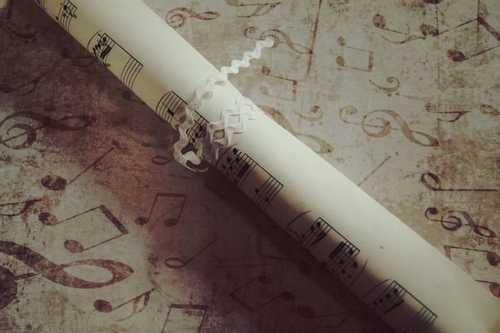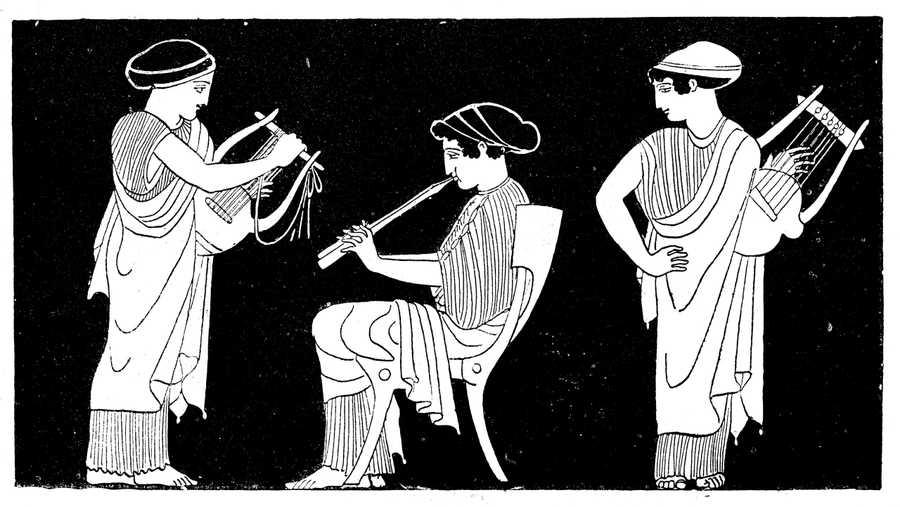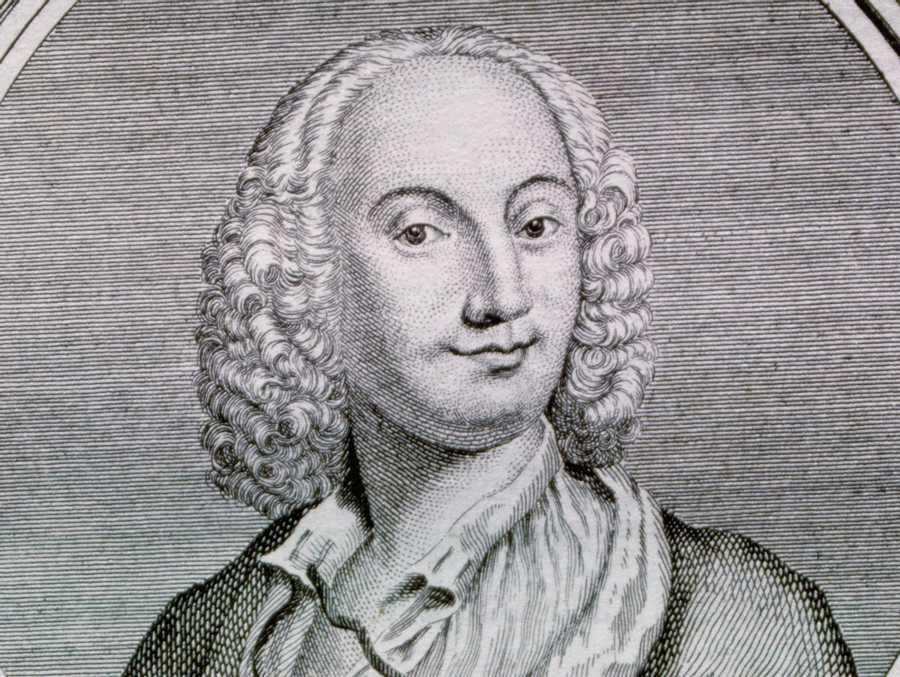Learn more about personaldevelopment with this collection
Leonardo da Vinci's creative process
How to approach problem-solving like da Vinci
The importance of curiosity and observation
Music of the Greek and Roman times
Music has probably played an essential role in humans. Evidence shows that early man developed primitive flutes from animal bones and used stones and wood as percussion.
Surviving Greek notation has given scientists a clue to how the music of the early Greeks and later the Romans might have sounded. Instruments featured during these times include the trumpet as an instrument of announcement and the lyre as an integral player in the songs of poets.
45
246 reads
Early Christian music
- In the early part of the first century, the monasteries and abbeys across Europe became places where music was part of the lives of those devoted to God.
- Early Christian music had its roots in the practices of the Hebrew people, and it became the basis for sacred music for centuries.
- Pope Gregory (540-604 AD) is credited with developing the Gregorian Chant, characterised by the open, perfect fifth sound.
37
201 reads
Music of the Medieval Period (500AD - mid 15th century)
During this time, music was practised by kings and paupers alike. The sound of this music becomes increasingly familiar due to the development of musical notation.
The written music that survived makes it possible to assemble an image of a vibrant culture. Throughout this period, music adopted more elaborate structures and devices that produced works of immense beauty. Important musical forms of this era include the motet, the sacred Mass, and the madrigal.
38
95 reads
Music of the Renaissance Period (1450 - 1600)
Josquin des Pres is thought to be one of the early Renaissance composers and a great master of the polyphonic style, combining many voices to create complex musical textures. Palestrina, Thomas Tallis and William Byrd built on his ideas, composing stunning motets, masses, chanson and instrumental works.
Instruments like the bassoon and trombone gave rise to larger instrumental groupings, allowing composers more scope to explore their creative ideas.
38
87 reads
Music of the Baroque Period (1600-1760)
This period has many famous composers and pieces of Western Classical music known for their musical and instrumental developments. Italy, Germany, England and France dominated the musical landscape, influencing one another.
The most celebrated composers of the time are G F Handel, Bach, Vivaldi and Purcell. Instrumental music was composed along with vocal works. The preferred harmony is tonal, and the system of keys (major and minor) is used over modality. This allowed for more complex pieces.
37
77 reads
The Classical Period (1730 - 1820)
Haydn and Mozart dominate the musical landscape of this period. Composers moved away from the polyphonic towards the homophonic, writing music that was simple and measured.
A key development is that of the Piano that replaced the Baroque harpsichord. Chamber music and orchestral music was a central quality of this era. The orchestra was firmly established and included the clarinets, trombones, and timpani. Opera became a fully-developed musical form of entertainment.
38
81 reads
The Romantic Period (1780 - 1880)
Beethoven made a notable change into the Romantic Era. His genius shaped the Romantic period by redefining many of the established musical conventions.
The era saw developments in the quality and range of instruments as composers allowed their deepest emotions and dreams to shape their music. Debussy and Ravel are key composers of this movement and composed extensively for the piano.
38
118 reads
CURATED BY
More like this
Read & Learn
20x Faster
without
deepstash
with
deepstash
with
deepstash
Access to 200,000+ ideas
—
Access to the mobile app
—
Unlimited idea saving & library
—
—
Unlimited history
—
—
Unlimited listening to ideas
—
—
Downloading & offline access
—
—
Personalized recommendations
—
—
Supercharge your mind with one idea per day
Enter your email and spend 1 minute every day to learn something new.
I agree to receive email updates



